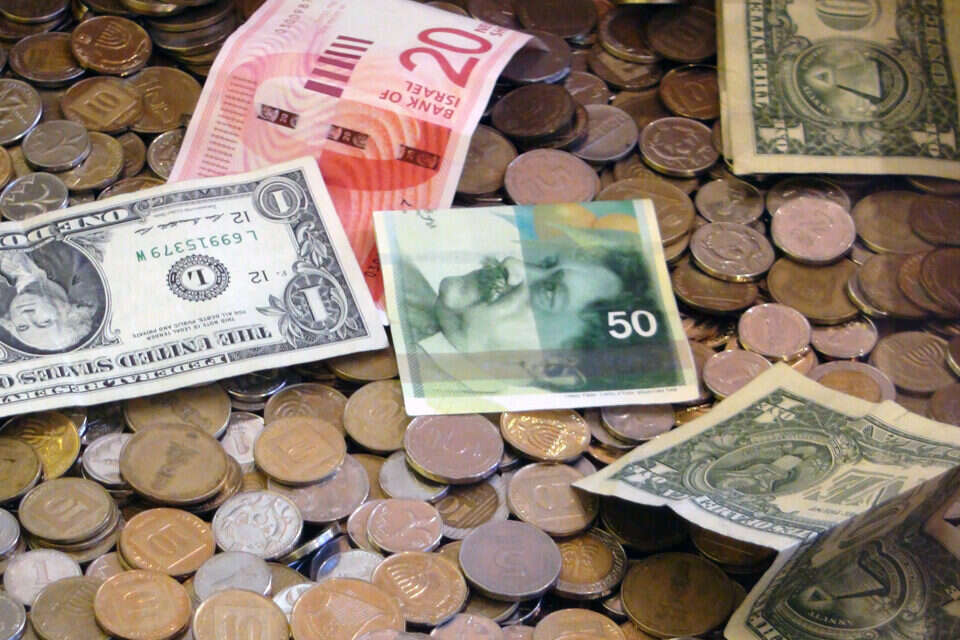Less than five months ago, when the current government took office, economists argued that the reason for the continued trend of rising prices and with it inflation was that the public had too much money in its hands – the accumulation of money from the coronavirus grants and the decline in consumption levels during the coronavirus pandemic. There has been a celebration of consumption for more than a year, and the rise in global input prices has ceased to be the cause of price increases.
The latest data indicated a higher-than-expected increase, by 0.8 per cent versus expectations of 0.4 per cent, leaving inflation at 5 per cent. At this stage, there are a number of factors that are completely uneconomic that affect the economy, including the issue of rising prices. The banks' projections are that inflation will nevertheless decline over the next 12 months to 3.3 percent.
This week, Bank of Israel Governor Prof. Amir Yaron is expected to fire his usual ammunition – another increase in the interest rate. The expectation is an increase of 0.25%, followed by another similar dose of the same drug.
Those who can raise prices are seizing an opportunity, photo: none
In addition, we are entering the final stretch before the budget is approved, and the political nerve-wracking will continue until the 90th minute, which is another week and a half. But the budget will probably pass because the coalition partners, especially the ultra-Orthodox parties, want this government to exist more than the ruling party.
Interest rate hikes are supposed to cool economic activity, and as a result lower the amount of money and demand, which should stabilize prices. But one of the positive data in the Israeli economy is a decline in unemployment and its stabilization at 3.1%, which is in fact an economy at almost full employment.
Bank of Israel Governor Prof. Amir Yaron (archive), photo: Oren Ben Hakon
People earn more, so the level of consumption increases. The problem reflected in the inflation forecasts or the current inflationary situation is political – a problem that is not uncommon in our places and translates into a psychological atmosphere of business owners, who take advantage of every opportunity to raise prices. For example, if the Governor of the Bank of Israel has made raising the interest rate a regular ritual, he conveys inflationary expectations. In other words, inflation is still not under control, which encourages business owners to raise prices early.
The real threat
The political-economic issue is divided into several influential factors, the most important being the nature of the budget. There is agreement that the coalition demands create a budget that is higher than the level of tax revenues. In other words, there will be a deficit of close to 3%. It's not something we haven't seen before, but it's not the goal that could have been reached – a deficit of less than 1%.
A budget with such a framework conveys a message of concern about lack of budgetary discipline. In addition, the coalition allocations, mainly to the ultra-Orthodox parties, plus the Shas project with food stamps, are perceived as a policy of subsidizing populations – a very crude welfare policy. The bottom line is that a budget of subsidies is another factor that encourages those who can raise prices. This is a spiral of indiscipline in the economy, originating in the government.
Nevertheless, passing the two-year budget (in effect, a budget for a year and a half) will stabilize the government, and with it the entire system. This will encourage investment and growth. At this point in time, the only real threat to the Israeli economy, as well as to the international economy in general, is the apocalyptic debt crisis of the United States.
Wrong? We'll fix it! If you find a mistake in the article, please share with us









